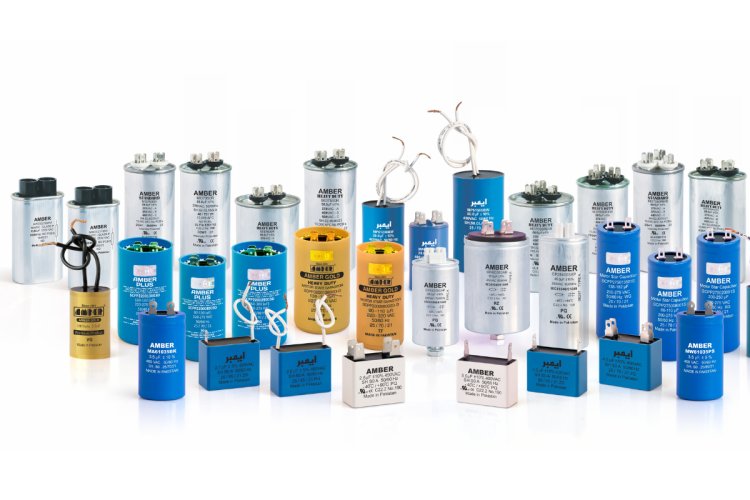Best Quality HVAC Capacitors
HVAC capacitors are responsible for starting and running the motors in compressors, fans, and blowers. They store and release electrical energy to give these motors the boost they need to start and to keep them running steadily.

Best Quality HVAC Capacitors: The Key to Reliable Heating and Cooling
When it comes to HVAC (Heating, Ventilation, and Air Conditioning) systems, every component plays a role in ensuring smooth, efficient operation. One often-overlooked part that’s absolutely critical is the capacitor. While it may be small in size, Best Quality HVAC Capacitors can make a huge difference in performance, energy efficiency, and long-term system health.
So, what makes for the best quality HVAC capacitors, and why should you care?
What Do HVAC Capacitors Do?
HVAC capacitors are responsible for starting and running the motors in compressors, fans, and blowers. They store and release electrical energy to give these motors the boost they need to start and to keep them running steadily.
There are two main types of capacitors in HVAC systems:
-
Start Capacitors – Provide the initial jolt of energy to start motors.
-
Run Capacitors – Help motors run more efficiently once they’re already operating.
If a capacitor fails, the motor it supports may not start at all—or it might overheat and wear out quickly.
Why Quality Matters
Cheap or low-grade capacitors may work in the short term, but they often lack durability and safety features. Using substandard capacitors can lead to:
-
Reduced HVAC efficiency
-
Increased energy bills
-
Frequent system breakdowns
-
Potential fire hazards
On the other hand, high-quality capacitors ensure reliability, efficiency, and safety, saving time and money in the long run.
Features of the Best Quality HVAC Capacitors
Here’s what to look for when choosing a top-tier capacitor:
1. UL or CSA Certification
Safety certifications from agencies like UL (Underwriters Laboratories) or CSA (Canadian Standards Association) ensure the capacitor has passed rigorous testing for performance and safety.
2. High-Grade Dielectric Material
Quality capacitors use robust internal materials that resist heat, voltage fluctuations, and wear over time.
3. Temperature Rating
Top capacitors can handle extreme temperatures (often up to 70°C or 85°C), making them ideal for both hot and cold climates.
4. Long Service Life
Premium capacitors are rated for tens of thousands of hours of operation. Look for models with 5-year or longer warranties.
5. Brass Terminals
Unlike aluminum terminals, brass connectors offer better conductivity and corrosion resistance.
6. Oil-Filled or Metallized Film Construction
These designs offer better heat dissipation and durability compared to cheaper alternatives.
Recommended Brands
Some of the most trusted manufacturers of high-quality HVAC capacitors include:
-
GE (General Electric)
-
Amrad Engineering
-
Genteq
-
Packard
-
Mars
These brands are known for consistency, reliability, and adherence to industry standards.
Installation and Maintenance Tips
Even the best capacitor won’t perform well if it’s not installed or maintained correctly. Keep these tips in mind:
-
Always match the µF rating and voltage to your system’s requirements.
-
Replace capacitors at the first sign of bulging, leaking, or reduced performance.
-
Hire a certified technician for installation and inspection.
Final Thoughts
In HVAC systems, investing in the best quality capacitors isn’t just about performance—it’s about protecting your equipment, improving energy efficiency, and ensuring long-term reliability. Whether you’re a technician, contractor, or homeowner, choosing top-quality capacitors can be one of the smartest decisions you make for your heating and cooling system.
What's Your Reaction?















.jpg)
.jpg)

